intermittent explosive disorder test online
 Intermittent Explosive Disorder: Symptom Test for Adults
Intermittent Explosive Disorder: Symptom Test for AdultsWould you like to change to the accessible version of this site? Don't you need the accessible version of this site? 7 signs of intermittent explosive disorder Published: July 19, 2019. When Christopher was 16, he got into a verbal argument with his older brother in his grandmother's kitchen, resulting in his persecution of his brother with a skillet in one hand and a knife in another. When he was 22, he drove his car to the garage door after a break with a casual girlfriend. At the age of 39, his family confronted him above all the money and articles he thought he didn't know he had been stealing from them, which made him fly in a rage and threaten his lives. "I've been in and out of trouble since I was a child, but everyone including me simply as I thought it was a hot head, or you know, just a bad person," says Christopher, now 48. He estimates that he eventually sought psychiatric help a year and a half after his family turned his back on him. "Something in me just thought, 'There's no way this is normal'," Christopher muses. I guess when I realized that I had behaved so badly, actually, my whole life... so bad at the point that my family decided they didn't want anything to do with me, I went for help. Jenna, 10, is described by her mother Karen as having a personality "Jekyll e Hyde. "She can be an incredibly sweet, loving and loving girl. I've seen her," Karen says. "But I have also seen this side so horrifying and horrifying for her that I do not recognize. It is as if it became another person." Jenna, who divides her time between her parents' homes, has exposed violent behaviors with Karen when something doesn't go her way, or if she doesn't get what she wants. Karen had to ask the authorities for assistance more than once. But Jenna's father, Rick, and Jenna's school have witnessed or reported such extreme behavior. They agree that sometimes it gets angry or angry, but no more force or intensity than other children in the classroom or around the neighborhood. Christopher and Jenna, both under the care of mental health professionals, have been diagnosed with intermittent explosive disorders. While anger behavior could be attributed to various types of anger disorders, intermittent explosive disorder is explicit and defined. Intermittent explosive disorder, chronic disorder known to begin in childhood, and which can continue adultery, is characterized by sudden and repeated episodes of violent, aggressive and/or hostile verbal behavior. These reactions—which may involve hurting others or throwing objects—do not usually be proportional to the situation. Symptoms of the disorder may decrease with time and age, but it will probably not disappear unless treated with medications and professional. How do you know if you or a loved one has intermittent explosive disorder? What causes problems? Is there anything like a rage disorder test? Besides, can you do something? Here, seven signals that may have intermittent explosive disorder. 1. Low tolerance for frustration. If the ability to manage and overcome stressful events and thoughts is considered to be tolerance to frustration, having a low threshold of tolerance to frustration means that it cannot react well at all to those stressful events. You feel as if your needs have not been satisfied, and therefore you need to release a burst of anger to find relief from frustration. The low tolerance for frustration is common in adults and children, and can even present the same way. If you find yourself very irritable, and you also have ADHD, . "When Jenna is playing a video game and loses a round, she can get angry," says Karen. "She has thrown her tablet through the room and actually broke it, which makes it even more rinsed. So it's at least 20 minutes to scream, cry and lose it, which is usually followed by a deep and remorsed sobbing." Christopher understands this behavior, and says he's embarrassed to admit that he's not very different from a 10-year-old in some cases. I understand, he says. "Hey, I've even lost him in a therapy session – my therapist asked me a question that I guess caused me something in me. I completely ignored the fact that he was there to help me and I just saw him as an enemy. "In recent years I have been taught that this kind of immediate reaction is my body trying to avoid any kind of discomfort, that a person without improvised explosive devices would probably be like, 'Well, that sounds contraintuitive'," adds Christopher with a little laugh. "But when you have a low tolerance for things that frustrate you, it happens. You react." Experts suggest learning mental care exercises to increase tolerance for frustration. Consider deep breathing exercises, or wait five minutes before reacting. It can also try to force itself to think of a different perspective and challenge itself to thinking about whether it is reacting rationally or irrationally. You can be relieved and empowered to know how you react to your frustration is really within your control. 2. Intense anger. Intermittent explosive disorder can be a diagnosis in your future if you show signs of intense anger. Before going further, it is important first to understand anger. The truth is that everyone experiences anger, and varying levels and degrees. You may feel minimally upset about having to wait in a grocery store lane for more than a few minutes, or you may have a full verbal match with your spouse. Anger can be caused by problems of person such as woven relationships, by disappointment, by frightening events, or by bad memories. Wrath can get worse by hormonal changes, or by early traumas that are not yet solved. When it gets dangerous it is when anger rises to one end, especially when the reaction is triggered by something relatively trivial. Symptoms of childhood anger may include having temperate rabies, hitting siblings, peers or parents, or having complete melting in private or public spaces. Adults with anger problems can throw objects, hit other people or cause property damage. For children and adults, anger is a problem if or when you feel you cannot control your anger, your thoughts are constantly negative, threats violence to yourself or others, or you feel compelled to do dangerous and harmful things to free your anger. My anger just came out of the blue, shares Christopher. "When he hits, it's like he couldn't feel anything else – he just takes over my whole body and that's all I can think about. "My anger could be triggered by anything – someone could look at me badly and I am literally foaming in the mouth that I am so marked. "And that intense feeling of being so crazy – it's just the beginning." 3. Mood changes before disbursement. The term "memory coup" is used so often in everyday language that it is easy to minimize the severity of a true oscillation of humor. The fact is, just because someone is happy one minute and then easily breaks into a commercial car or dog video doesn't mean he or she qualifies as a person who experiences a mood swing. He or she can simply feel different emotions stronger than others. However, some people experience true mood changes, and are particularly common for those with anxiety or anger disorders. Some experts have said that mood changes are a symptom of certain disorders, or may be a symptom of symptoms, which means that some symptoms of a disorder may be causing the person so much tension that mood changes end up happening. Karen says that when Jenna was a little boy, she would often throw her toys out of her crib while screaming at the top of her lengths. Karen's friends, who had babies before her, told her it was normal. "Children grow grumpy when they are tired," he says. Even my mother told me, "That anger means something else. She's tired or hurt or she's alone. She doesn't know how to explain herself more to hear her.'" Turns out there's a lot of truth in that. Feeling overwhelmed with other emotions that you feel ill-equipped to handle – such as disappointment, stress or frustration – can lead you to an explosive episode. Without the tools and skills to be able to talk about what might consider a intimidating, terrifying or potentially unpleasant situation, the only way you feel you can find comfort is to get angry. "I try to recognize every negative thing I feel before you get angry," says Christopher. "It sounds like a lot of work, and it is at first, but eventually it becomes part of its subconscious. "Now I know that my bursts usually occur after I have felt – but I have turned away – other bad feelings. I didn't want to think about them, or probably more exactly, I didn't know how, so I got mad." 4. Blinding rage. If intense anger is one of the previous symptoms, blinding, uncontrollable anger is one of the later, most serious. This physical manifestation of angry feelings could cause you to do extreme and regrettable things, such as hurting strangers, loved ones or yourself. You may find yourself breaking objects or destroying property, all in an attempt to get rid of the tense feelings of anger that have settled within you. While Christopher says he has never committed anything criminal, he recognizes when his anger gets the best of him. My anger just came out of the blue, share. "(Before treatment), my wife and I could be having dinner and she would say something and I would just explode. I'd start screaming at the top of my lungs. I even called their names. She would just try to stay calm and wait for the episode to end, and I would feel so bad later." Before therapy, Chris continues, says it was if he was incapable of being just slightly irritated. It was like he needed to fly in a full-blood rage so he could get rid of intense feelings. If some of these symptoms apply to you, . 5. Feeling out of control before and/or during an episode. As the mood changes before an episode, a person with FDI can recognize feeling completely out of control of their situation and emotions before bursting into physical or verbal violence. Those who experience and exhibit aggressive anger are typically aware of their emotions, but do not fully understand why they are so angry. And as mentioned above in this article, being unqualified or unable to handle those deeper emotions is probably the reason for the explosive explosion. When a person with intermittent explosive disorder feels overwhelmed – or out of control – more often than not, it will lead to violent behavior. "They're not just emotions," says Christopher. Anything can feel overwhelming for me – money problems, my relationship, traffic. Anything. "When I feel that more time and energy is required from me than I feel capable of giving, there I go – I blow." Karen says young Jenna has shown the same behavior. If you're studying for a test or preparing for a big football game, and you're scared and ill-prepared, you become belligerent and strong, hitting things or calling your mother horrible names. If your child suffers with extreme aggression, "We have both learned to make sure that he or she has spaced his or her responsibilities so that he/she does not feel asphyxiated, or as if she had lost control of her own universe," Karen says. He adds that when she sought help on how to control the behavior of her aggressive child, "our therapist suggested reminding Jenna that she has control of her reactions to her emotions – and that seems to do the trick often. She feels like at least, she's in charge of that." 6. Guilty. Another sign of narration that you can FDI is the rush of guilt and remorse that you might feel after an episode, regardless of how minute or greater. It is true that some experts blame the disorders of anger for inheritance and neurological defects, but they are also often due to deep-rooted child trauma: experiences of neglect, rejection, abandonment or abuse. These feelings are so often buried and suppressed that people have a difficult time recognizing the connection between those experiences and the anger they are experiencing now. Their violent behavior doesn't make them bad people, but makes them humans doing bad things, because they don't know a healthier way to cope. And because good people don't like to do bad things, guilt after an episode becomes inevitable. "The blame is sometimes more unbearable than anything else," says Christopher. "It makes you think, 'Wow, you are an (expletive). How could you do those things?" Karen says Jenna "breaked" after an attack. "It's almost like it collapses from her body," Karen explains. She can be this little person, and when things get disqualified, she's almost more shocked than I did or said those things. Her remorse overwhelmed her. 7. Depression. After anger, the heart of racing, violence and screaming comes the blame. After guilt comes deep unbreakable sadness. Experts have reported that – marked by unbreakable sadness, loss of interest in everyday life and people, or suicidal ideation – is actually a common psychiatric disorder co-occurring with FDI, but it does not appear in all cases. What appears for those with intermittent explosive disorder, however, is the pain after an attack. People who feel depressed after an episode say they have a malfunction or complete regular tasks, have no interest in things that they usually enjoy, feel fatigued or cannot sleep. "It's like a giant wave," says Chris. "For me it is like this: it irritates me, I turn, I get out of control, I lose my mind in someone I love or appreciate, and then I feel guilty. And then the guilt doesn't seem to lift me up and depress me. Will I ever get out of this? Is this really what I am?' "This disorder confuses you. You want to get out of it and sometimes it feels like you can't. But you can. It is not a life sentence if you get the right kind of help and will accept that help." If you or someone you know may have intermittent explosive disorder and need guidance, please visit. Is it not ready to schedule a consultation? to get wellness advice, discounts, and much more. HOPE Therapy and Wellness Center9001 Braddock Road #220Springfield, VA 22151 . Kimberly Marek Therapy for people, couples, " families

Intermittent Explosive Disorder Test for Teens

Intermittent Explosive Disorder - Turner White
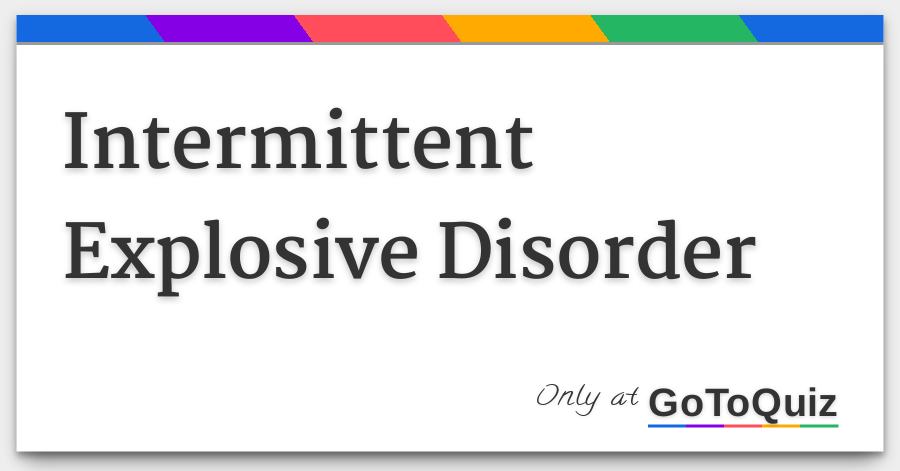
Intermittent Explosive Disorder

Intermittent Explosive Disorder (Chapter 13) - Mental Disorders Around the World

Pin on UA

Intermittent Explosive Disorder: Symptom Test for Adults
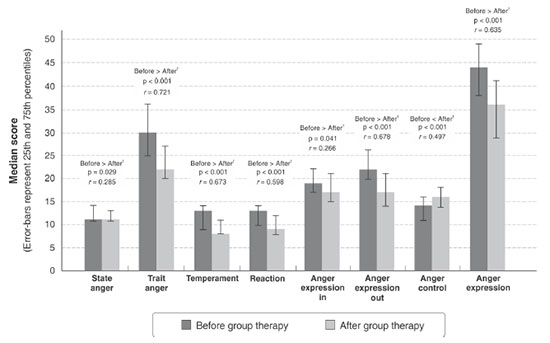
Brazilian Journal of Psychiatry
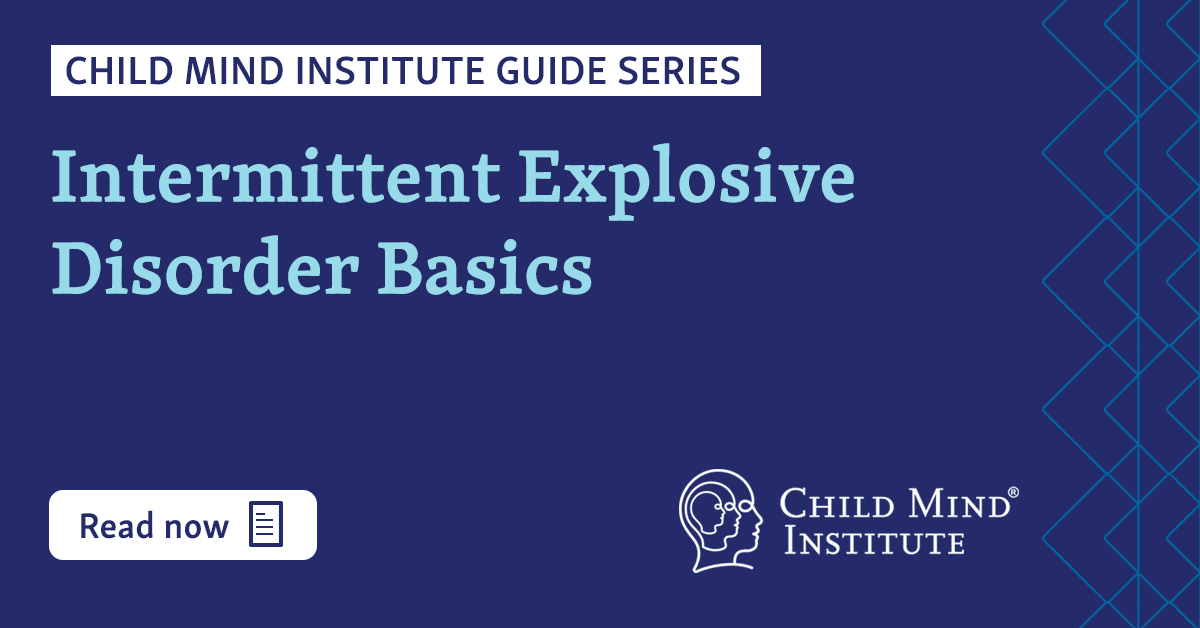
Intermittent Explosive Disorder - IED | Child Mind Institute
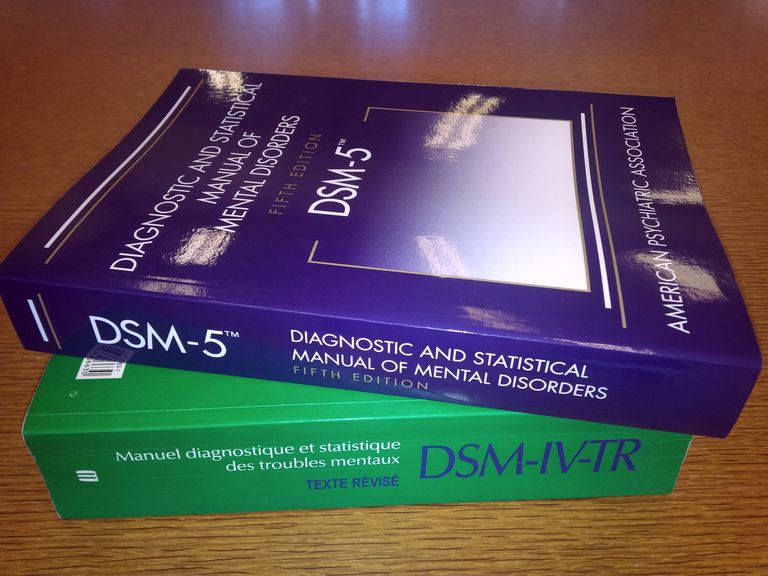
How An Anger Disorder Test Can Help You Regain Control | Betterhelp
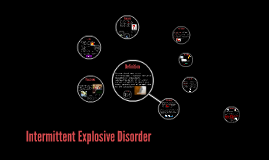
Intermittent Explosive Disorder by

7 signs of Intermittent Explosive Disorder
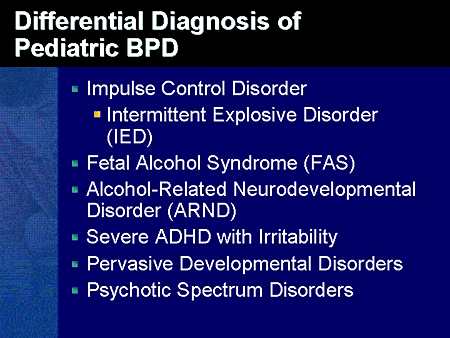
Recognition and Treatment of Bipolar Disorder in Children and Adolescents

PDF) Intermittent Explosive Disorder amongst Women in Conflict Affected Timor-Leste: Associations with Human Rights Trauma, Ongoing Violence, Poverty, and Injustice

Quick Facts on Intermittent Explosive Disorder | Child Mind Institute | Intermittent explosive disorder, Colleges for psychology, Psychology programs

Medical Marijuana and Intermittent Explosive Disorder - Marijuana Doctors

Intermittent Explosive Disorder (Chapter 13) - Mental Disorders Around the World

Treating intermittent explosive disorder - Harvard Health

PDF) Intermittent explosive disorder subtypes in the general population: association with comorbidity, impairment and suicidality
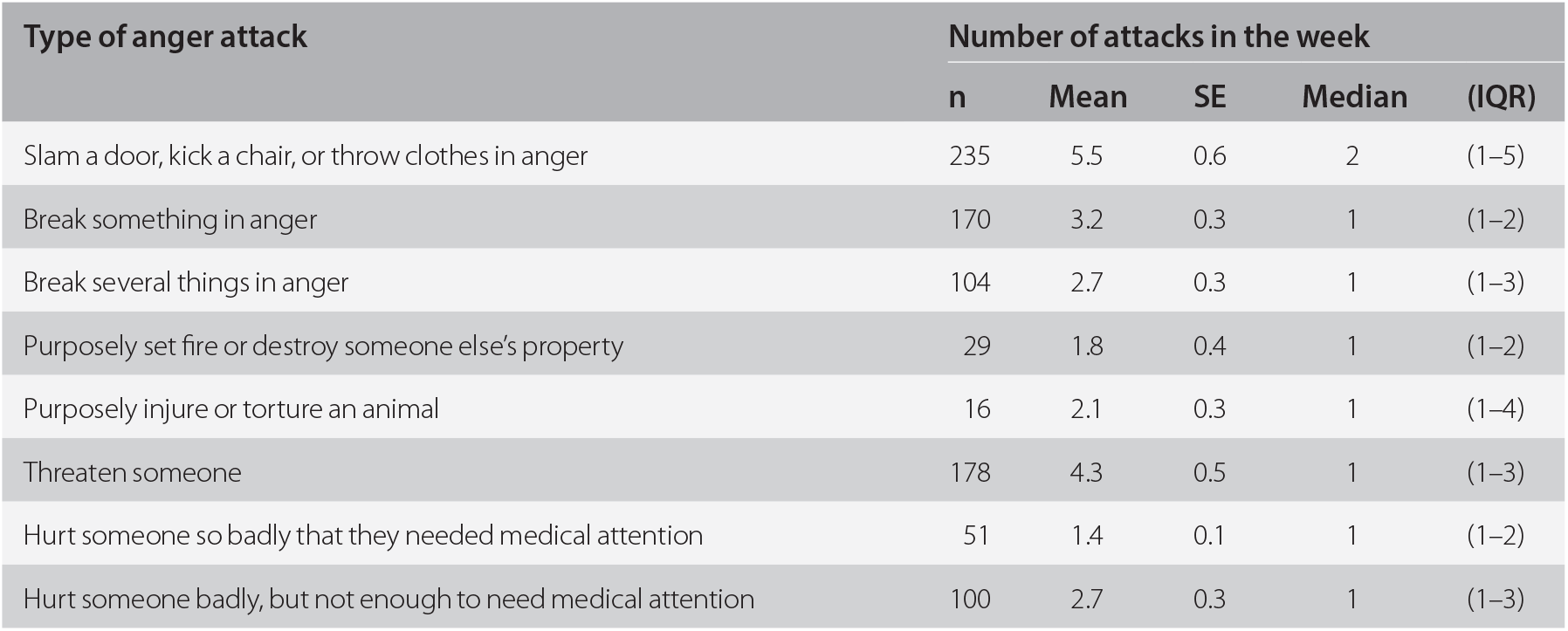
Intermittent Explosive Disorder (Chapter 13) - Mental Disorders Around the World

5‐HT2c agonist, lorcaserin, reduces aggressive responding in intermittent explosive disorder: A pilot study - Coccaro - 2019 - Human Psychopharmacology: Clinical and Experimental - Wiley Online Library
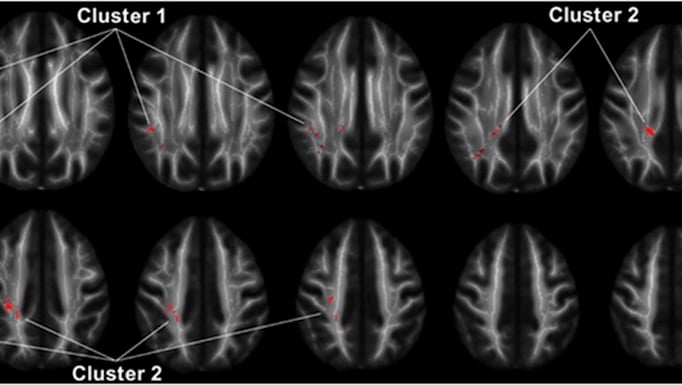
People with anger disorder have decreased connectivity between regions of the brain - UChicago Medicine

PDF) Child-Centered Play Therapy With a Seven-Year-Old Boy Diagnosed With Intermittent Explosive Disorder

Intermittent Explosive Disorder (Chapter 13) - Mental Disorders Around the World
Intermittent explosive disorder case study pro essay writing service

Intermittent Explosive Disorder Test: Does One Exist?
Criminally Explosive: Intermittent Explosive Disorder, Criminal Careers, and Psychopathology among Federal Correctional Clients

Personality Disorders, Somatic Symptom and Related Disorders, Substance Use Disorders, and Intermittent Explosive Disorder (Chapter 8) - Psychiatric Consultation in Long-Term Care

PDF) The Prevalence and Correlates of DSM-IV Intermittent Explosive Disorder in the National Comorbidity Survey Replication

Intermittent Explosive Disorder (Chapter 13) - Mental Disorders Around the World
Intermittent Explosive Disorder amongst Women in Conflict Affected Timor-Leste: Associations with Human Rights Trauma, Ongoing Violence, Poverty, and Injustice

What Is Intermittent Explosive Disorder And The Science Behind It? | Betterhelp
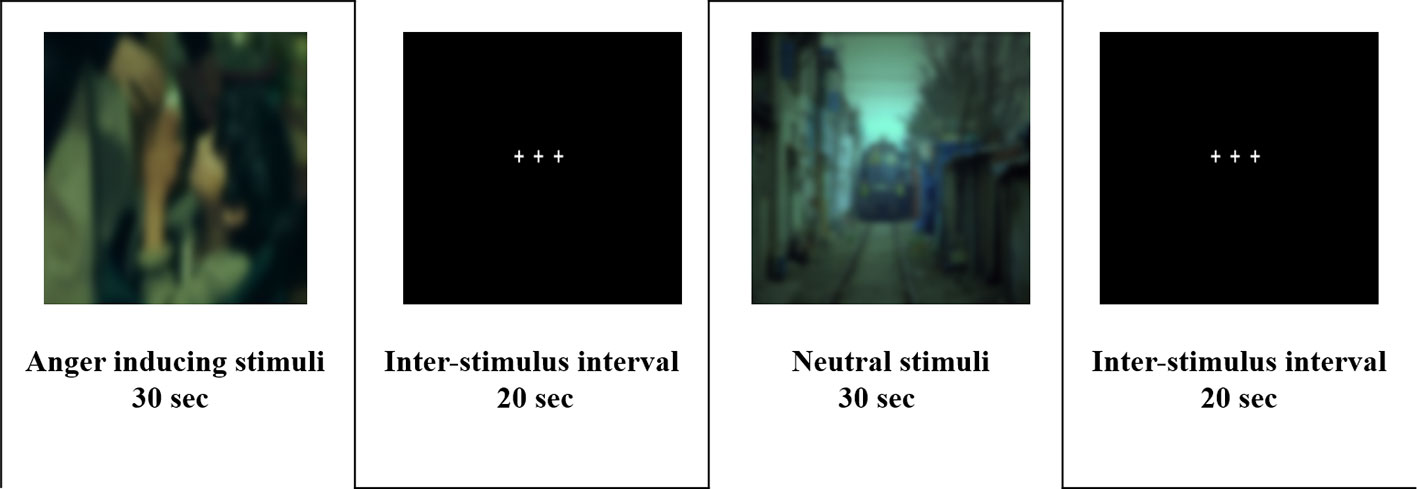
Frontiers | Gray Matter Deficits and Dysfunction in the Insula Among Individuals With Intermittent Explosive Disorder | Psychiatry

Case study intermittent explosive disorder, Single Case Study

Intermittent Explosive Disorder Information and Help

Zebrafish models of impulsivity and impulse control disorders - Abreu - 2020 - European Journal of Neuroscience - Wiley Online Library

Aggression directed towards others vs. aggression directed towards the self: clinical differences between intermittent explosive disorder and nonsuicidal self-injury

Intermittent Explosive Disorder Test: Does One Exist?
Intermittent Explosive Disorder Case Study! Childhood Trauma and Intermittent Explosive Disorder
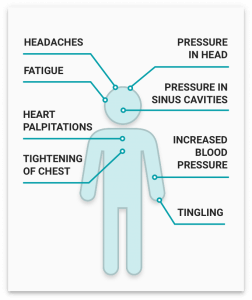
Anger Symptoms, Causes and Effects - PsychGuides.com
Intermittent explosive disorder case study pro essay writing service
Posting Komentar untuk "intermittent explosive disorder test online"